IJMS, Free Full-Text
Par un écrivain mystérieux
Last updated 08 juillet 2024
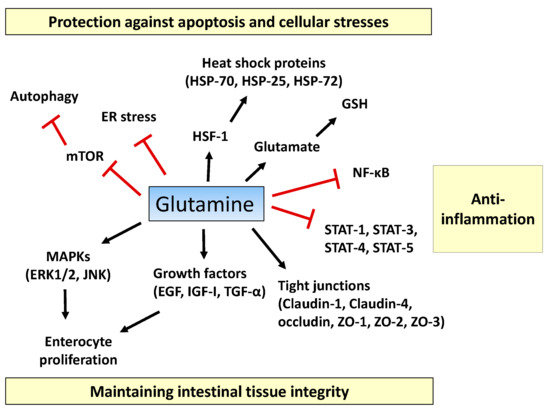
Glutamine, the most abundant free amino acid in the human body, is a major substrate utilized by intestinal cells. The roles of glutamine in intestinal physiology and management of multiple intestinal diseases have been reported. In gut physiology, glutamine promotes enterocyte proliferation, regulates tight junction proteins, suppresses pro-inflammatory signaling pathways, and protects cells against apoptosis and cellular stresses during normal and pathologic conditions. As glutamine stores are depleted during severe metabolic stress including trauma, sepsis, and inflammatory bowel diseases, glutamine supplementation has been examined in patients to improve their clinical outcomes. In this review, we discuss the physiological roles of glutamine for intestinal health and its underlying mechanisms. In addition, we discuss the current evidence for the efficacy of glutamine supplementation in intestinal diseases.
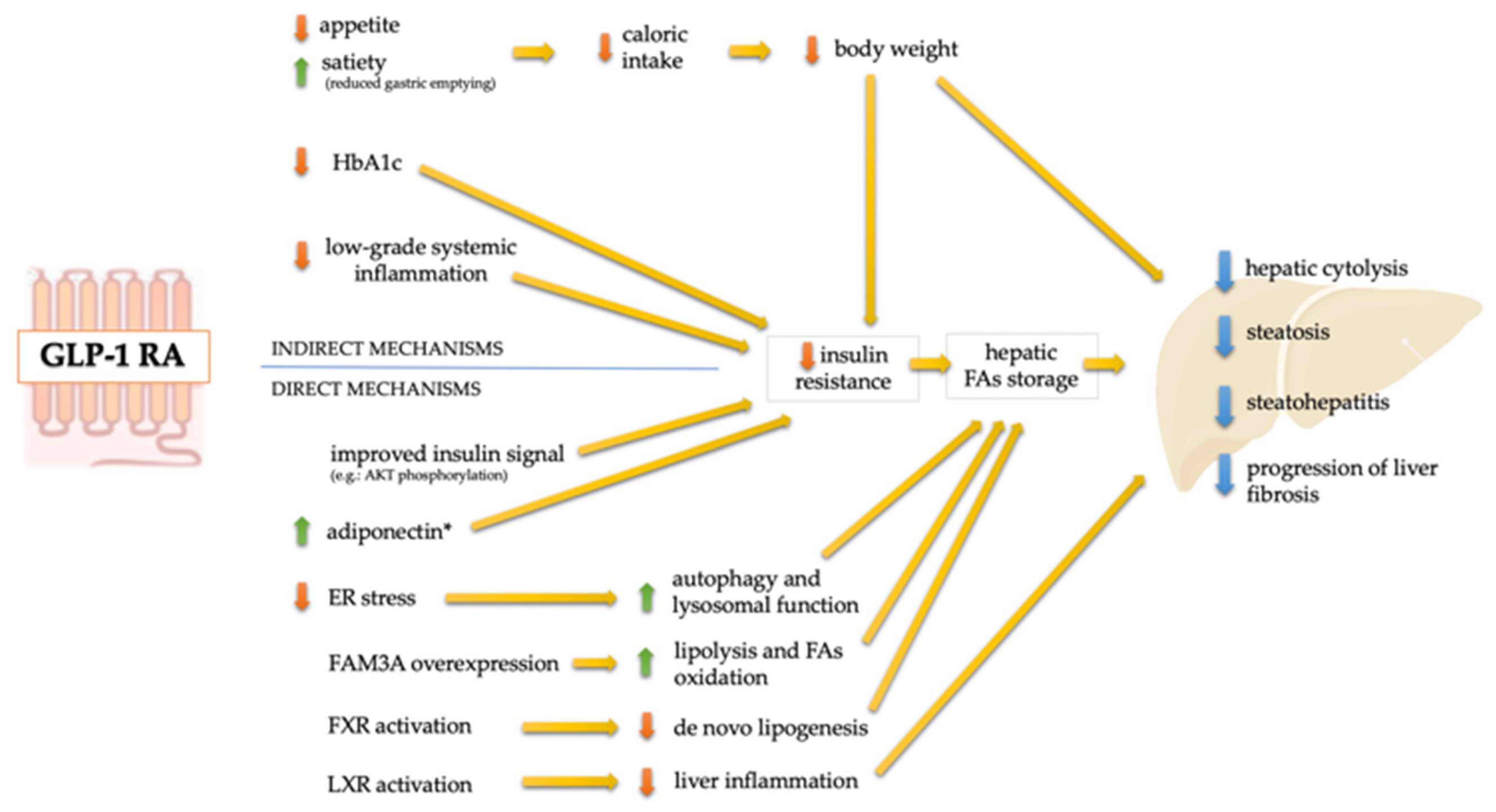
IJMS, Free Full-Text, studio pc polex
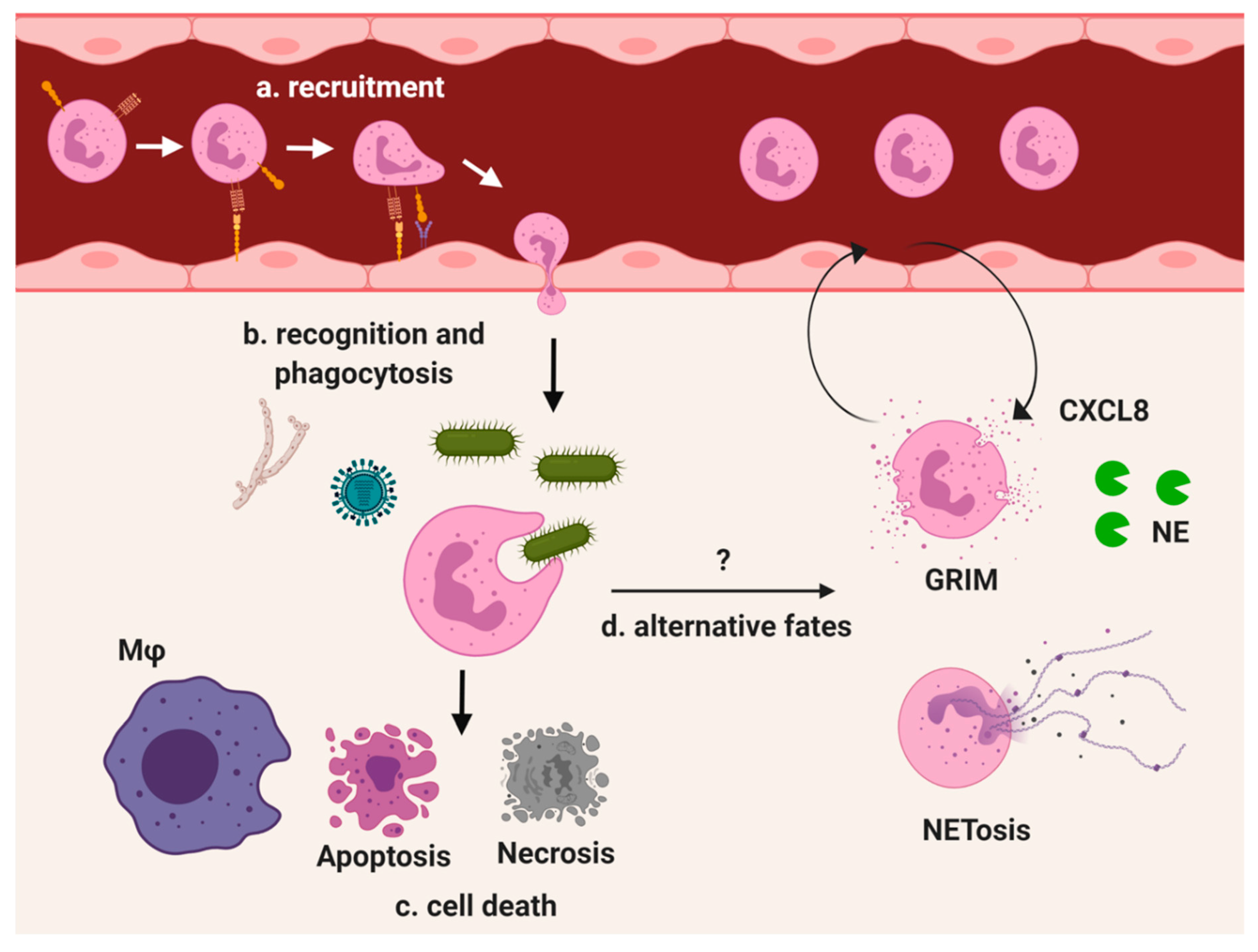
IJMS, Free Full-Text, spyra two alternative
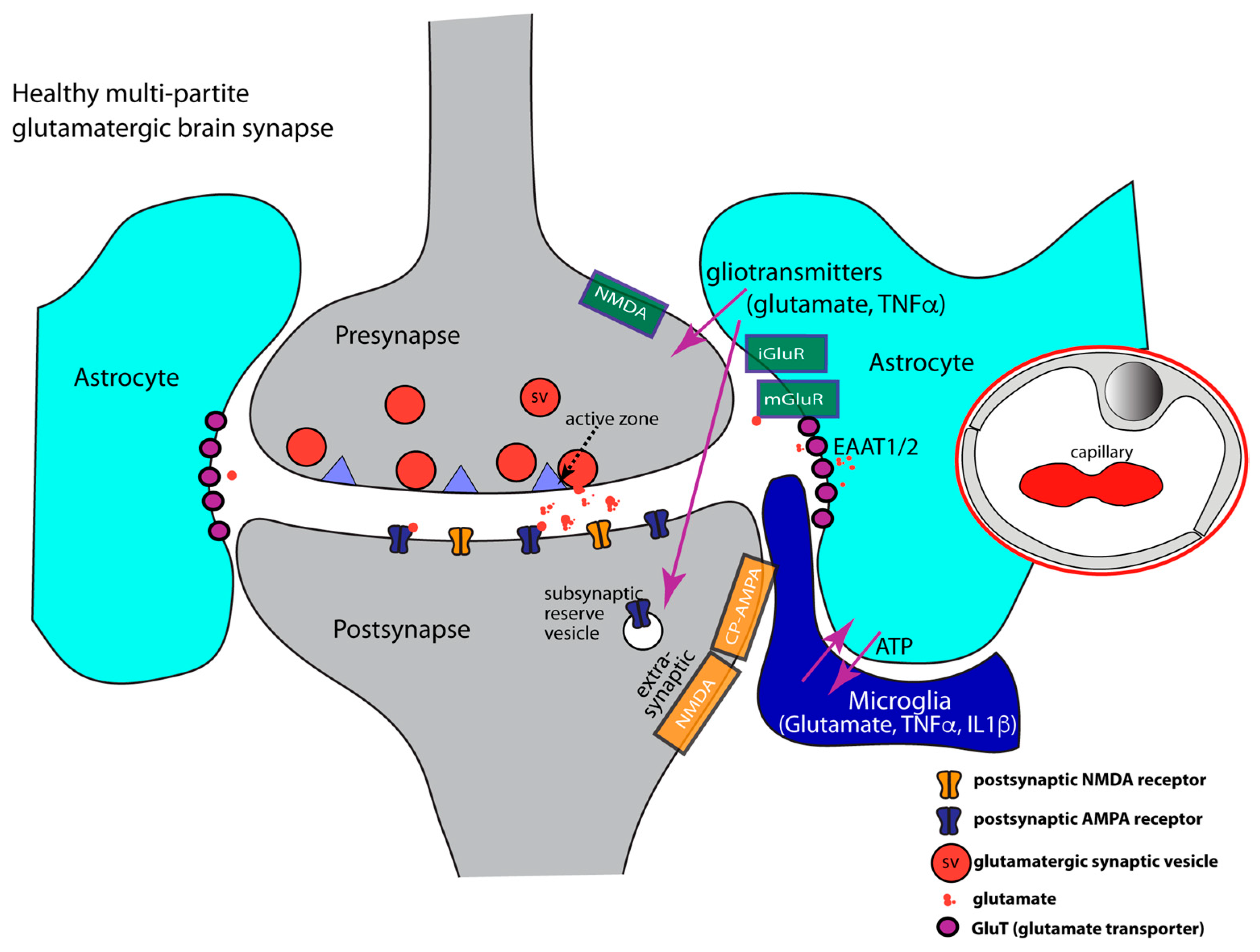
IJMS, Free Full-Text, synapse x twitter
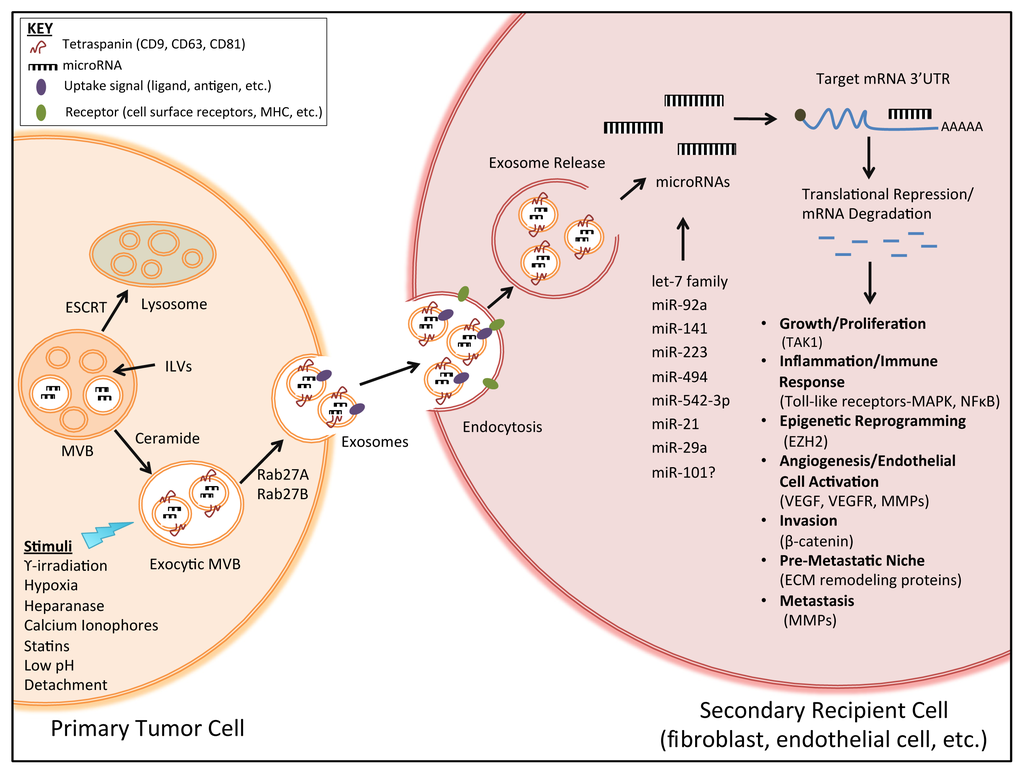
IJMS, Free Full-Text, niemann pick tipo c

Trojans Svg, Trojan Svg, Trojan Png, Trojans Png, Trojans School Spirit Png, Trojans School Shirt, Trojans Mom Cricut Designs Trojans Mascot
Ijms Free Full Text The Phagocytic Function Of Macrophage Enforcing
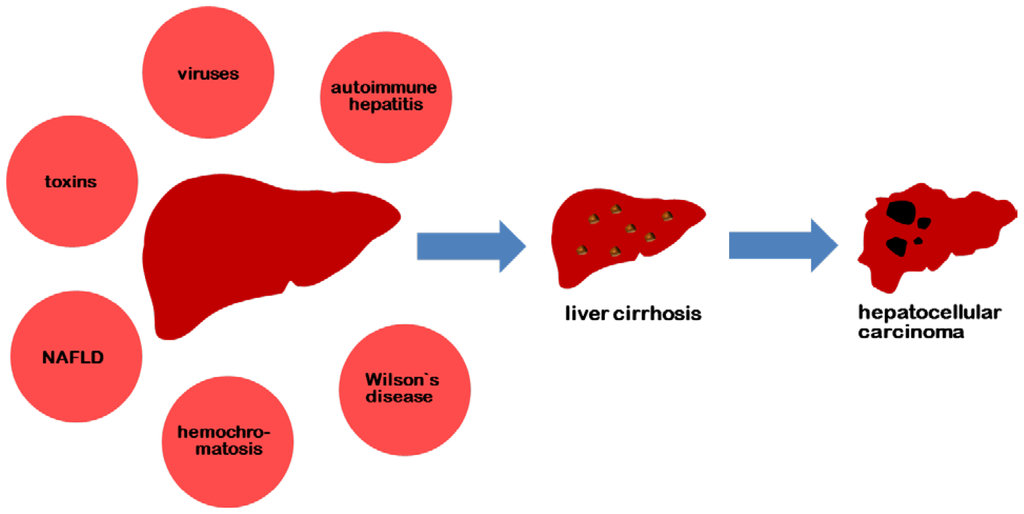
IJMS, Free Full-Text
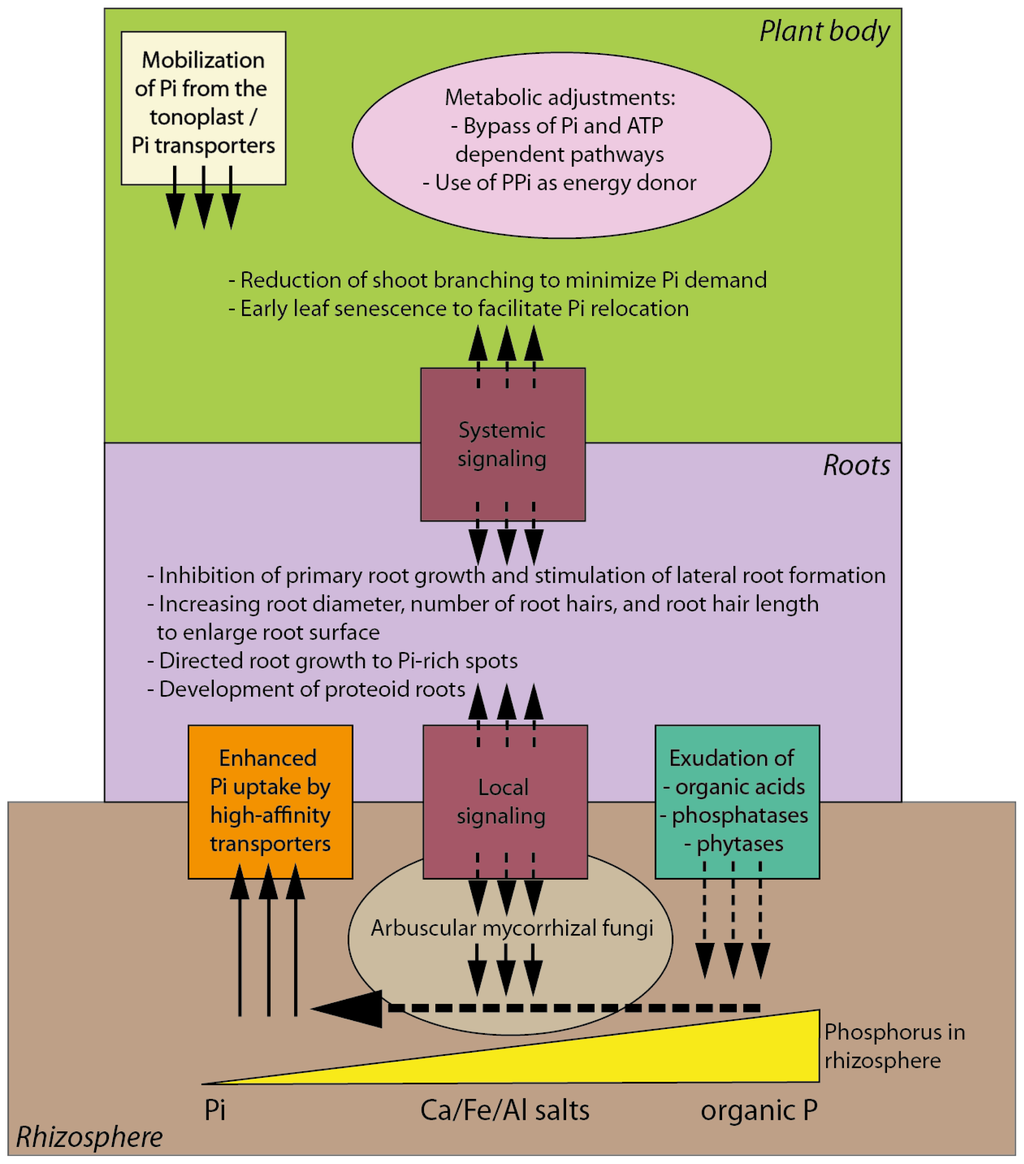
IJMS, Free Full-Text, mdpope 1-3
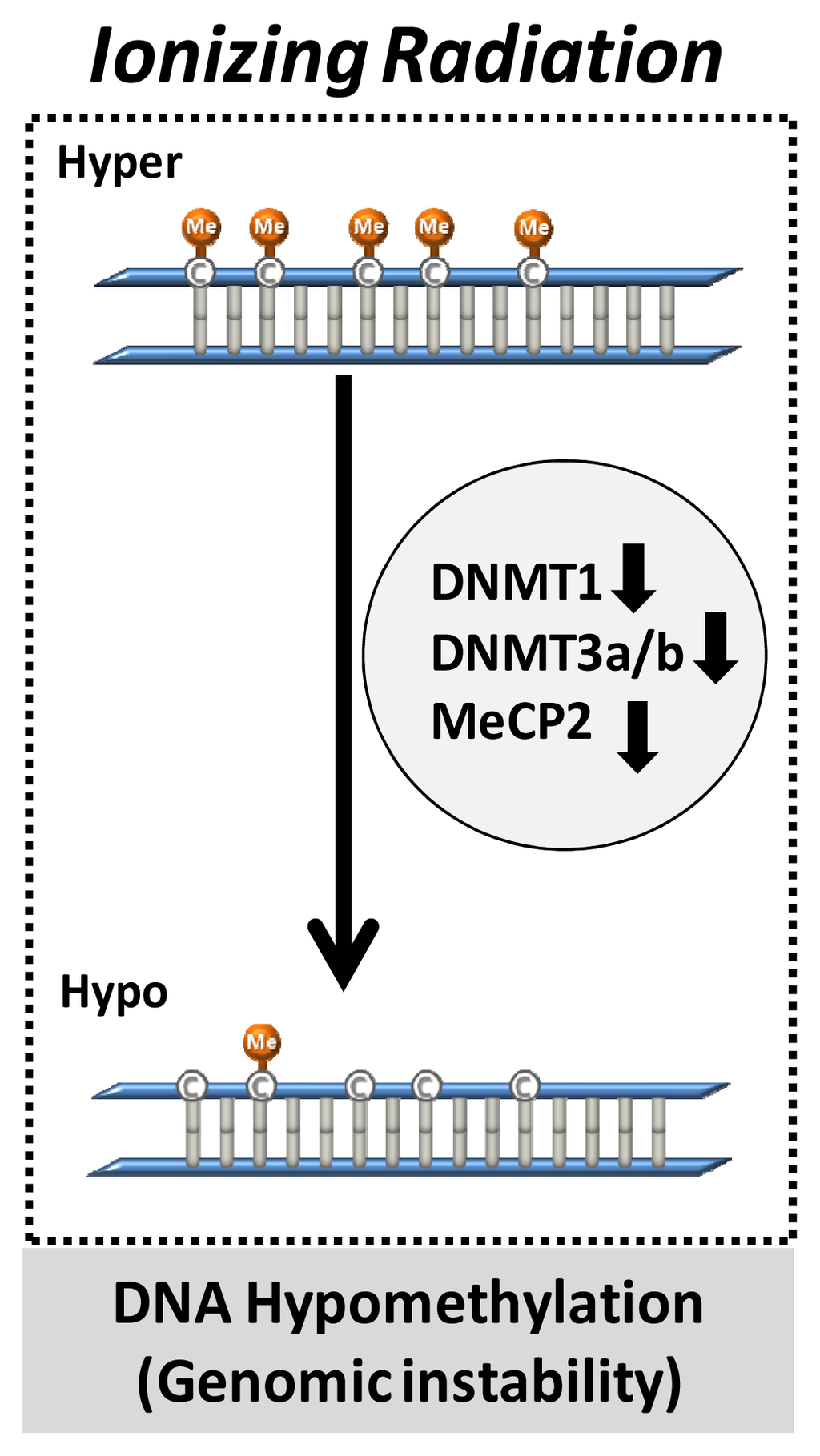
IJMS, Free Full-Text
Recommandé pour vous
 Glutamine - Wikipedia14 Jul 2023
Glutamine - Wikipedia14 Jul 2023 MuscleBlaze L-Glutamine Supplement - Unflavoured (100g / 0.22 lb)14 Jul 2023
MuscleBlaze L-Glutamine Supplement - Unflavoured (100g / 0.22 lb)14 Jul 2023 Twinlab® L-Glutamine 500 MG – Supports Gut Health14 Jul 2023
Twinlab® L-Glutamine 500 MG – Supports Gut Health14 Jul 2023 Nutricost L-Glutamine 800mg, 180 Capsules - Gluten Free, Non-GMO14 Jul 2023
Nutricost L-Glutamine 800mg, 180 Capsules - Gluten Free, Non-GMO14 Jul 2023- Glutamine Supplements - L-Glutamine Powder (12 Oz Powder)14 Jul 2023
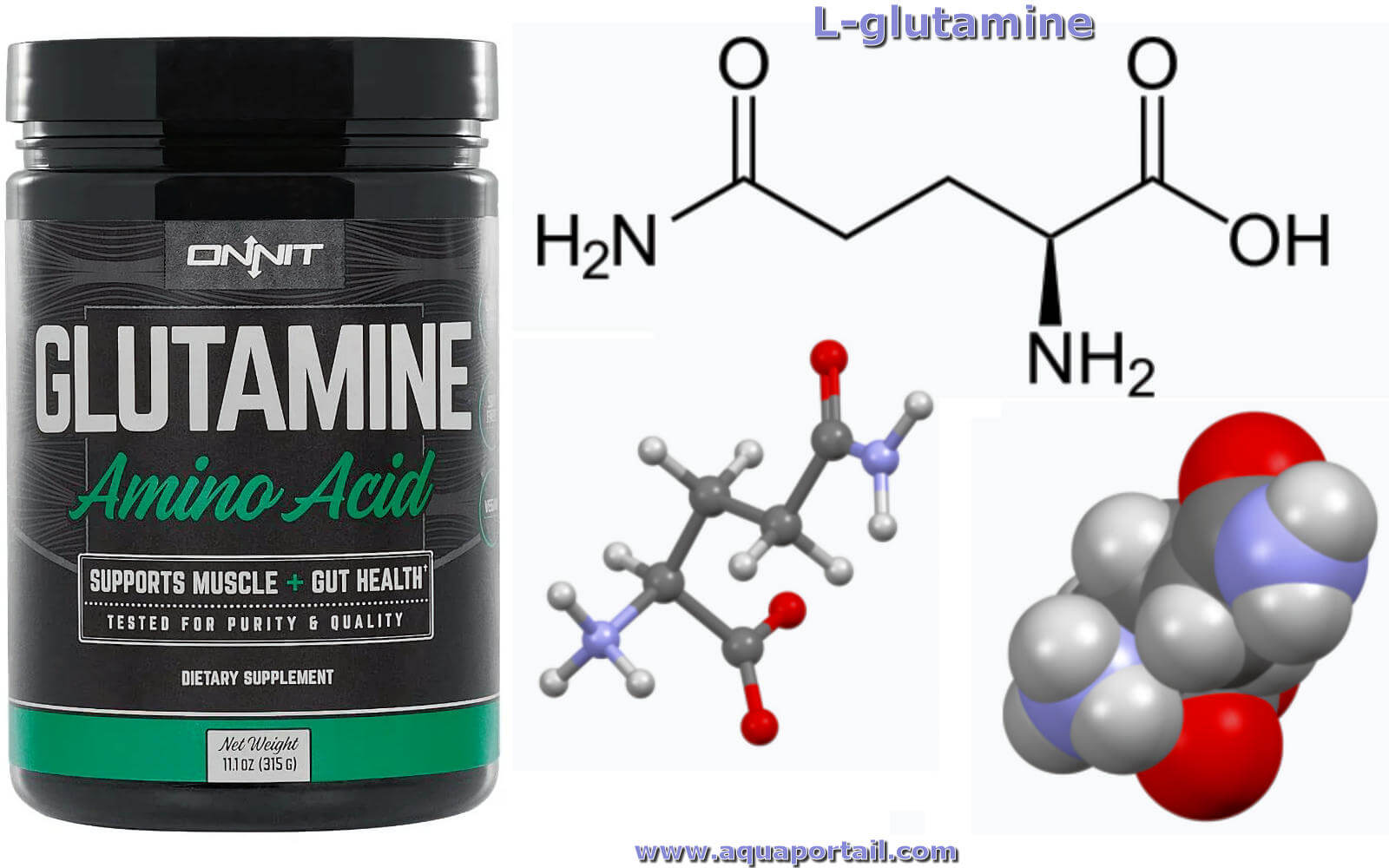 Glutamine : définition et explications14 Jul 2023
Glutamine : définition et explications14 Jul 2023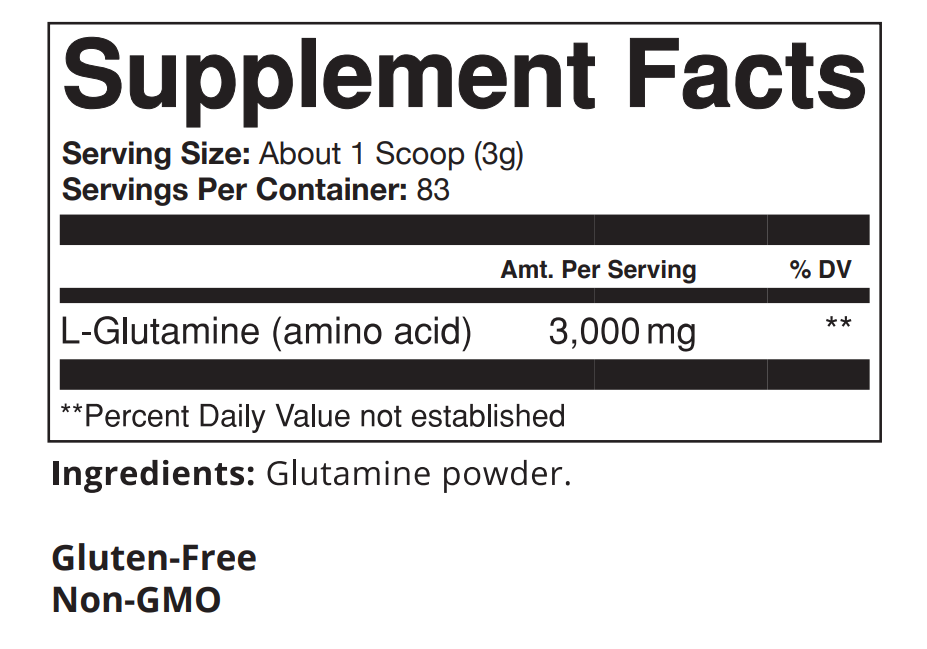 L-Glutamine POWDER, 250mg - NutriKey14 Jul 2023
L-Glutamine POWDER, 250mg - NutriKey14 Jul 2023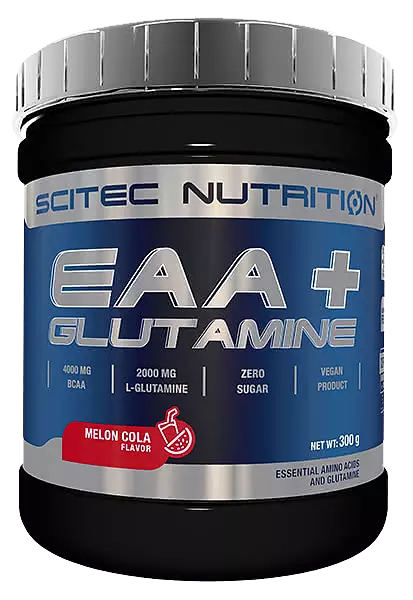 EAA + Glutamine (300 gr.) - Scitec Nutrition14 Jul 2023
EAA + Glutamine (300 gr.) - Scitec Nutrition14 Jul 2023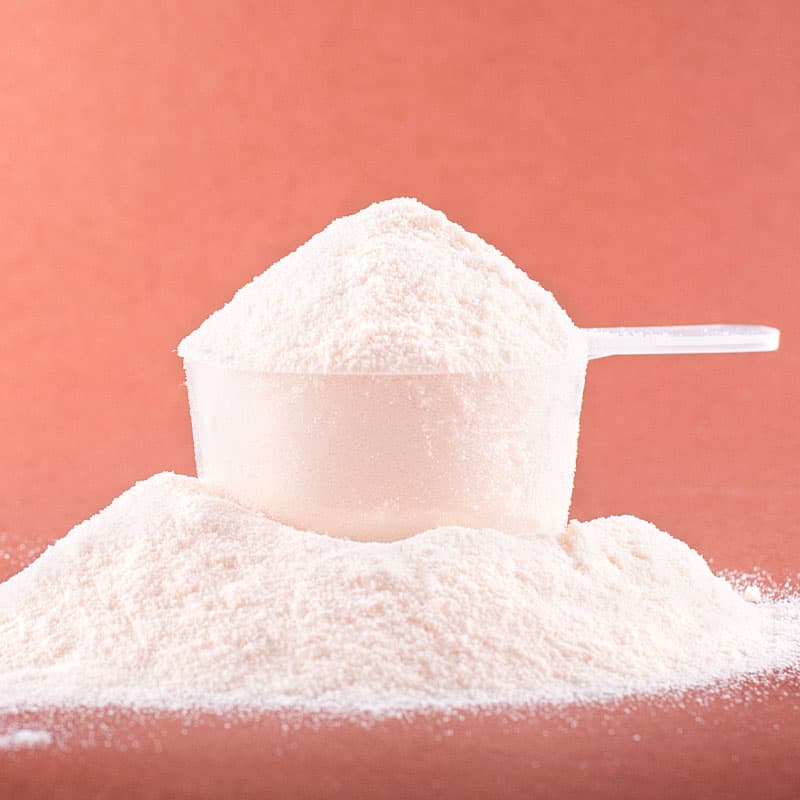 L-Glutamine Benefits, Side Effects, Dosage and Foods - Dr. Axe14 Jul 2023
L-Glutamine Benefits, Side Effects, Dosage and Foods - Dr. Axe14 Jul 2023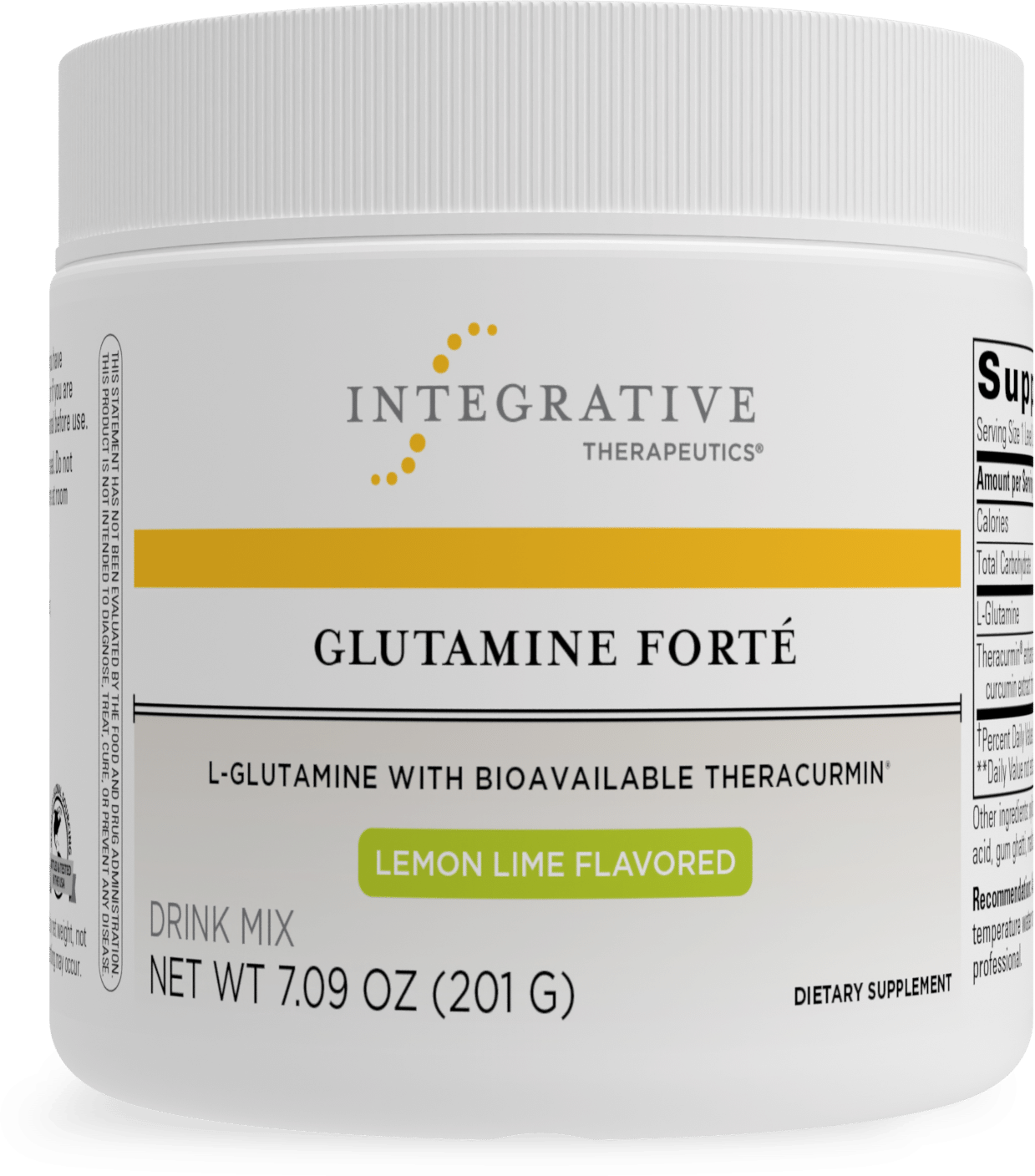 Glutamine Forté Integrative Therapeutics®14 Jul 2023
Glutamine Forté Integrative Therapeutics®14 Jul 2023
Tu pourrais aussi aimer
 Voile D'hivernage pour Plantes,3 x 9 m Housses de Protection pour14 Jul 2023
Voile D'hivernage pour Plantes,3 x 9 m Housses de Protection pour14 Jul 2023- Gicleur lave-glace pour VW Polo IV 3/5 portes (9N) arrière et14 Jul 2023
 Medical scalpel solid icon. Surgery knife vector illustration isolated on white. Blade glyph style design, designed for web and app. Eps 10., Stock vector14 Jul 2023
Medical scalpel solid icon. Surgery knife vector illustration isolated on white. Blade glyph style design, designed for web and app. Eps 10., Stock vector14 Jul 2023![BTS FRANCE⁷ on X: [TRADUCTION] Voici la traduction française🇫🇷 de la notice @weverseshop relative aux précommandes du jeu de cartes Uno géant @BTS_twt ! 🔗( / X](https://pbs.twimg.com/media/EkrVD_CWAAAapEW.jpg:large) BTS FRANCE⁷ on X: [TRADUCTION] Voici la traduction française🇫🇷 de la notice @weverseshop relative aux précommandes du jeu de cartes Uno géant @BTS_twt ! 🔗( / X14 Jul 2023
BTS FRANCE⁷ on X: [TRADUCTION] Voici la traduction française🇫🇷 de la notice @weverseshop relative aux précommandes du jeu de cartes Uno géant @BTS_twt ! 🔗( / X14 Jul 2023 Où se trouve la touche shift sur la Mac - AnalogicTech14 Jul 2023
Où se trouve la touche shift sur la Mac - AnalogicTech14 Jul 2023 DISPLAY MIXTE - DUCALE ORIGINE14 Jul 2023
DISPLAY MIXTE - DUCALE ORIGINE14 Jul 2023 Colle Universelle Pour Réparation De Chaussures, Colle Pour14 Jul 2023
Colle Universelle Pour Réparation De Chaussures, Colle Pour14 Jul 2023 CHAUFFE-MAINS RECHARGEABLE USB 10000 Mah Mini Chauffe-Mains Banque14 Jul 2023
CHAUFFE-MAINS RECHARGEABLE USB 10000 Mah Mini Chauffe-Mains Banque14 Jul 2023 Fine filet 20-30 cm - Sac À Linge Domestique En Maille Pliable14 Jul 2023
Fine filet 20-30 cm - Sac À Linge Domestique En Maille Pliable14 Jul 2023 Printers Row LEGO Jurassic World: Dino Escape! - Linden Tree Books, Los Altos, CA14 Jul 2023
Printers Row LEGO Jurassic World: Dino Escape! - Linden Tree Books, Los Altos, CA14 Jul 2023

